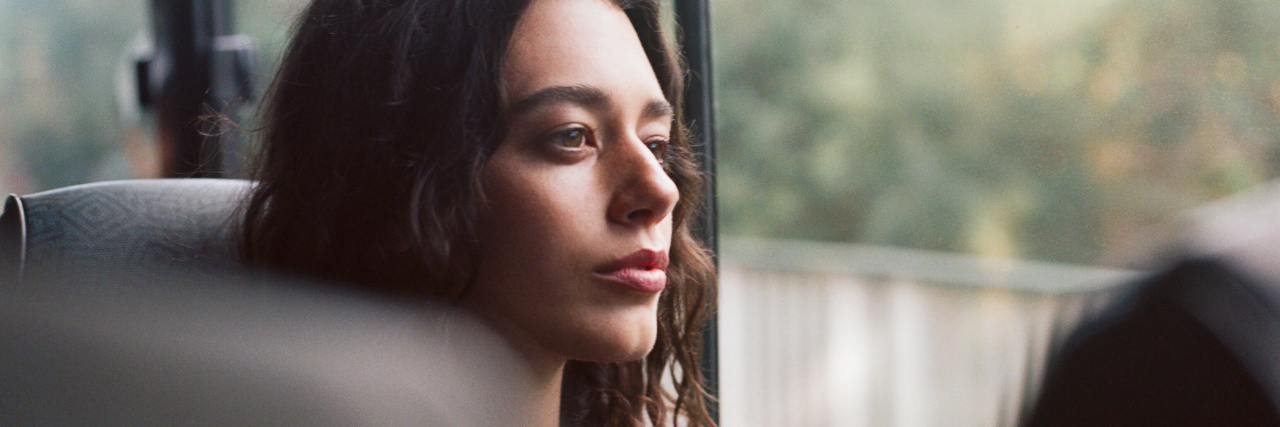One of the most difficult parts of having a learning disability is often not the condition itself, but instead the reactions of others. I have had people think that if they can’t see my disability, then it doesn’t exist. The most hurtful thing, though, is when people compare me to other people with disabilities.
When I was in college, a peer asked me why I couldn’t drive. When I told her that I can’t drive due to my visual perception, she responded by telling me that she knew someone who had a disability and could drive. There are people with learning disabilities who are able to drive, and there are also those who can’t. I have also had people assume that I must struggle with reading or have dyslexia because of my learning disability. When I tell them I have dyscalculia, few people are familiar with it. When I explain it’s a math disability, people compare it to their own struggles with math. I don’t know if someone truly struggles with math or has a disability, but I do know that I have a math-related disability that goes deeper than simply being “bad at math.”
Another frustrating comparison is when people tell me that a person with a disability has achieved something “despite having a disability.” One of my middle-school teachers shared a story with us about a man who was paralyzed after an accident and could do many things. After sharing the story, the teacher said she didn’t want to hear us saying we couldn’t do something, because if he could do it, so could we. This teacher also denied my requests to go to my learning support teacher when I needed help on an assignment and to have tests read to me. She told me that I was becoming “too dependent” on my learning support teacher.
Sadly, this was not the only example I have of being compared to another with a disability. I struggle with hand dexterity, so I’m unable to wrap gifts. I watched a video of a woman missing both of her limbs who was able to wrap Christmas presents. She said, “If I can wrap gifts, anyone can!” It still doesn’t change that no matter how hard I try, I can’t wrap gifts.
My hand dexterity struggles make drawing and handwriting difficult. People have compared me to artists who didn’t have limbs and painted with brushes in their mouths. I saw a demo of an artist doing this at an art show, and he was truly talented, but I can’t paint well myself, and people shouldn’t compare me to him.
I’m happy that other people with disabilities have found ways to do everyday tasks and pursue their passions. What is frustrating, though, is the idea that these happy stories can turn into “inspiration porn.” “Inspiration porn” objectifies the person with a disability and their ability. Many people get the false idea that people with disabilities can do anything. When the person with the disability can’t perform to those expectations, they are often shamed or labeled as “lazy” — even though they aren’t.
Another difficult comparison is when people say that others “have it worse” or are more disabled than I am. I once struggled at a job and heard my boss tell me that another employee was “more disabled” than I was as a way to tell me to do the job better. When I couldn’t perform my job duties to their satisfaction, I was fired.
I’ve also vented to peers about the frustrations of struggling in classes. People told me that other people “had it worse” and to stop complaining. This reaction hurt me because my struggles matter as much as anyone else’s. I realize that each disability brings its own challenges and joys. I also realize that all people struggle at some point in their lives.
Everyone with disabilities will experience their disabilities differently — even if they have the same type of disability. What works for one person may not work for someone else. In order for me to be successful, I have to look for different ways to do things. Some things, such as math or driving, I simply can’t do. Telling me to “be grateful for what I can do” or pointing out other people who can do these things is not helpful. What is helpful is when people listen, accept, and honor not only the disability but also the person with the disability. When we compare and judge people with disabilities, we often don’t get to truly know and love them for who they are.
Getty image by Patrick Fraser.

